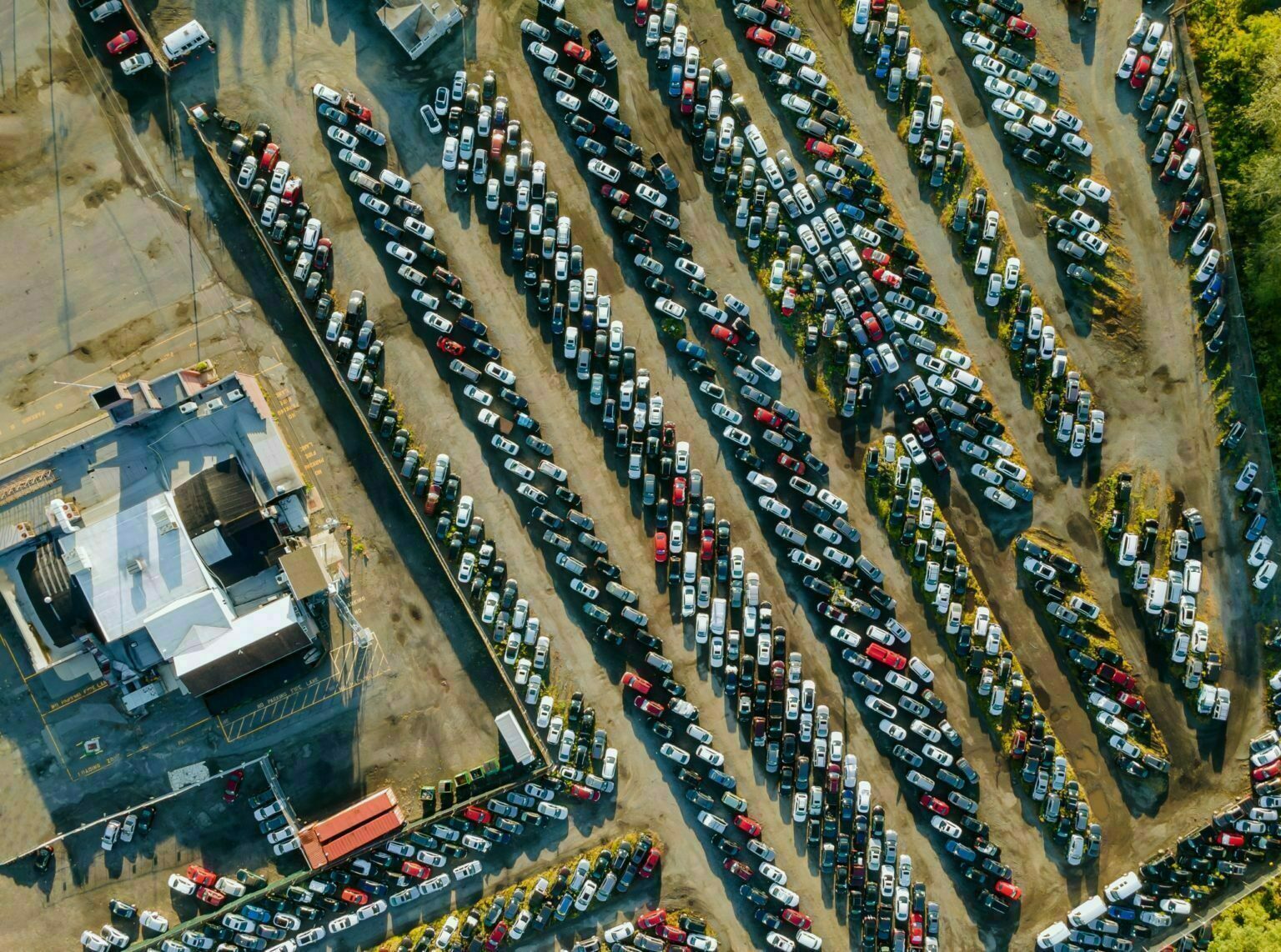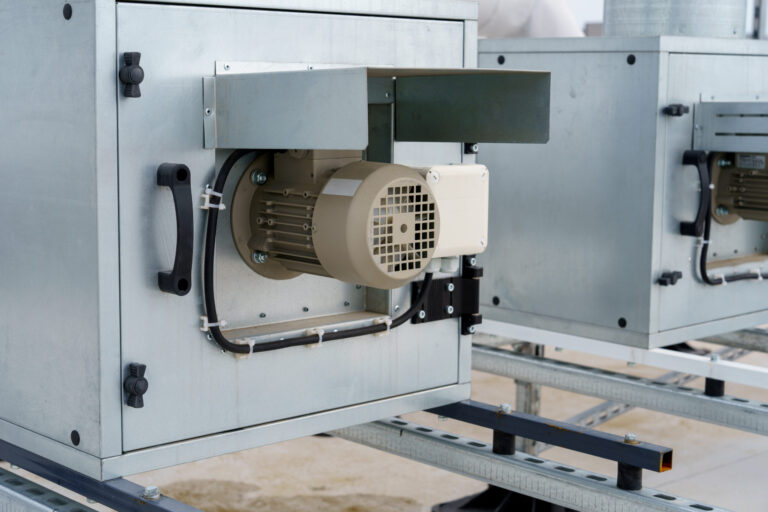Tips for Buying a Salvage Car
Those in the market for a used car are likely looking for whatever ways they can to save money, and it’s hard to find cheaper deals than salvage cars. A car generally loses about 50 percent of its value immediately upon receiving a salvage title, and there are other significant risks to buying a salvage vehicle. Still, for savvy buyers, the idea shouldn’t be written off completely. It is entirely possible to find a great salvage deal if you understand how the car got there and follow safe buying practices.
How do salvage titles work?
A salvage title is given to a car after sustaining enough damage to be declared as a total loss. Naturally, collisions are the most common reason for this, and a car is usually declared totaled if it is either unsafe to repair or if the process would exceed the value of the car. In cases of older models, repairs don’t necessarily have to be expensive for the car to be declared totaled, so it is possible to find salvage cars with minor damage.
Damage from flooding and other natural causes can also land a car with a salvage title. Since evidence of water damage can be hard to spot after time passes, this can be a huge risk factor for buying salvage cars in low-lying areas. Regardless of the cause, once a vehicle gets a salvage title, it has to be repaired and earn a rebuilt title after an inspection before being taken on the road again.
Look for an honest dealer
Since salvage cars can be such a big risk, it’s crucial to find a trustworthy dealer before buying one. Safety issues, such as cutting corners during the rebuilding process, and car dealer fraud are the most common risks for buyers. Fraud can include things like failing to disclose information about a vehicle, willingly misinforming a buyer, and even tampering with a vehicle to make it seem more appealing than it is.
Generally speaking, you’ll want to find a dealer with a good reputation and who has been selling salvage vehicles for years. This may be a tall order, but there are some basic signs to look out for. Ask to see pictures of when the car was damaged so you can get some idea of how bad it really was for yourself. If the dealer agrees to this, you’re probably at a good place. They should also have no problem with you requesting an extensive history report for the car, either.
Verify the car yourself
You may be able to find a dealer who seems trustworthy and a salvage model that looks like a good deal, but you should do everything in your power to confirm this before buying. As with buying any used car, you should get a mechanic to perform an inspection on a salvage vehicle. This is primarily to ensure the car is in working order and safe for the road, but you also want to make sure all its parts are from where the dealer says they are. Less honest dealers may move cars or parts across states to repair salvage vehicles, and this can cause a buyer serious problems later on.
You’ll also need to verify that you can actually insure a salvage car. Some companies may be reluctant to insure a salvage car altogether, or they may not want to cover it for collision. Make sure you’re comfortable with your company’s arrangement before making your final decision.
Many would argue that hearing the words “salvage” or “rebuilt” when talking about a car is all the reason you need to stay far away, and this sentiment isn’t too far off in most cases. But keeping the previous tips in mind, you can be sure you’re getting a safe car while saving a significant amount of money.







